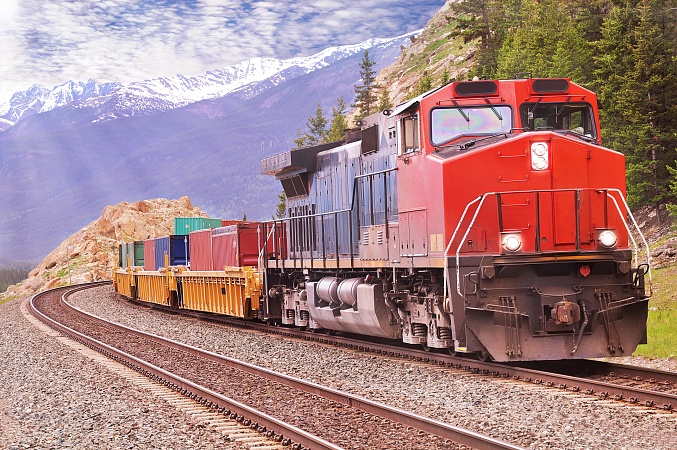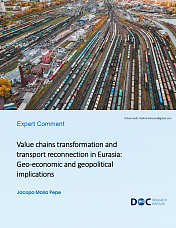Rail Cargo Group (RCG) has been active on the New Silk Road since 2008. It experienced the first increase of trips by the end of 2016, while in 2017, the company officially entered the Chinese market. Back then, RCG operated only 62 trains with a transport capacity of 3,000 TEUs per year across the New Silk Road. Demand became higher with time, and until 2020 the company was transporting 35,000 TEUs every year.
«There can be no doubt that the New Silk Road initiative is of enormous importance for Europe as well as for Austria, as it connects the European and Asian economies», said ÖBB CEO Andreas Matthä. Through its European network, RCG also provides opportunities to local customers to gain more visibility and «get out of the crisis».
Access China through European ports
However, for RCG, having access to ports that are part of the Maritime Silk Road is equally important to a train connection. «We see a wide field of activity along the New Silk Road. Not only along the three rail corridors between Europe and Asia but also as a carrier to the European ports where the maritime Silk Road docks — such as Hamburg, Rotterdam, Trieste, Koper and Piraeus, among others. This is where RCG can contribute with its efficient hinterland connections», added Matthä.
Indeed, a rail company can contribute to Eurasian transport by also providing connectivity between port and hinterland hubs. Quick and efficient cargo distribution is much needed and sometimes more critical than a long train trip between China and Europe. Especially for Mediterranean ports like Piraeus, Koper or Trieste with access to Suez, setting up train services towards central and northern Europe could prove beneficial for customers and rail companies that could see high volumes.





